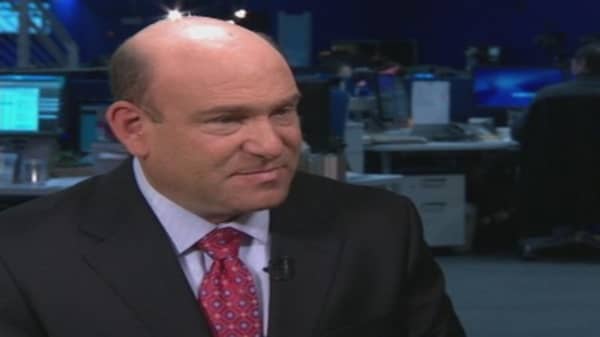Meanwhile, in the United States, the Republican-led House has stepped back, successively, from hard line positions on the fiscal cliff and the debt ceiling. Bruising budget battles can still be expected in just a few months, but the worst possible outcome is, just in time for Davos, off the table.
(Read more:
Is Income Inequality the Biggest Global Risk?
)
As trying as circumstances are now, it's worth remembering how much worse they were a year ago. Europe's financial turmoil threatened dissolution of the Eurozone; having just been downgraded, the U.S. was in the midst of a divisive election; Chinese growth was slowing; and the IMF slashed the global growth outlook.
As bad as 2011 was, wrote Nobel Prize Economist Joseph Stiglitz last year, "This year (2012) is set to be even worse."
It will be worth watching how Stiglitz assesses the situation this year and to watch deliberations at Davos in this context of precarious stability. Do world leaders see it as nothing more than a false calm? Do they connect it to the aggressive policies of central banks? Does it spark renewed calls to ease off of throttle on the monetary side and for austerity on the fiscal side?
Finally, in that there is no current crisis, leaders may well use at least some of the time to review the six-year running response: was it worth it, and was there a better way?





